Soros's media buy-outs and NGO funding, the withdrawal of EU funds and political pressure and intervention by a group called Action for Democracy - all these combined have done a lot to assist the Polish liberal-leaning side ahead of Sunday's general elections. From Hungary's perspective, even compared against the Hungarian general elections in 2022, serious foreign forces have been mobilized to change the government in Poland.
The stakes were high: a further shift towards the United States of Europe, the adoption of mandatory migrant quotas and the supply of Ukraine with money and weapons.
In a series of articles, we'll unveil the foreign influence that played a key role in deciding the Polish elections, because it provides valuable lessons in terms of Hungary's national self-determination.
George Soros has bought key stakes
The media build-up of the Soros network has been ongoing for years in the largest state in our region. In the context of Polish media relations, it is important to know that according to this year's Reuters Media Market Report, the largest reach TV channel has always been American, and the largest reach radio channel German. However, just to be on the safe side, a fund linked to George Soros acquired a significant part of the second largest Polish radio network in 2019.
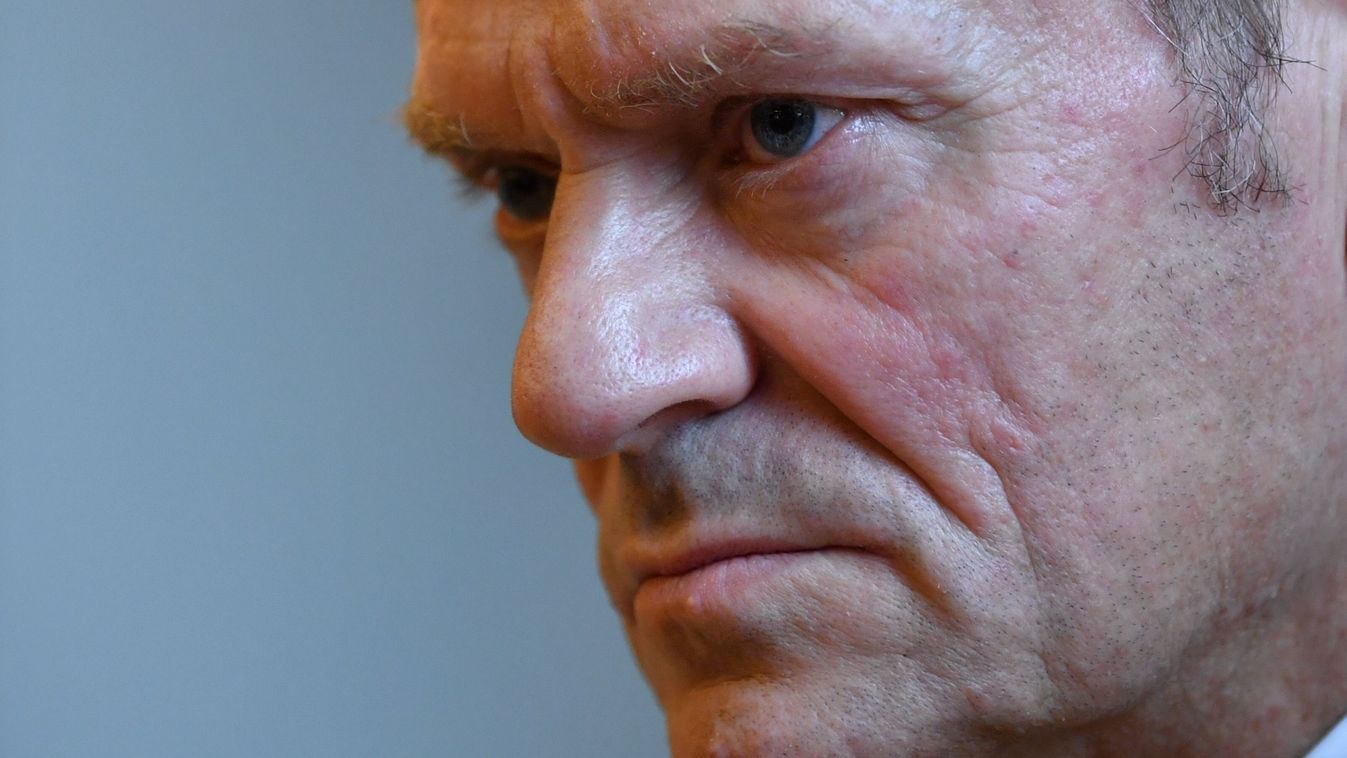

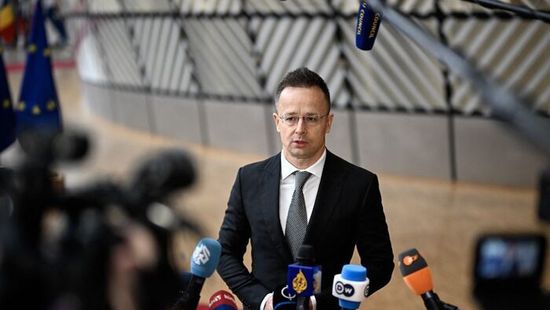
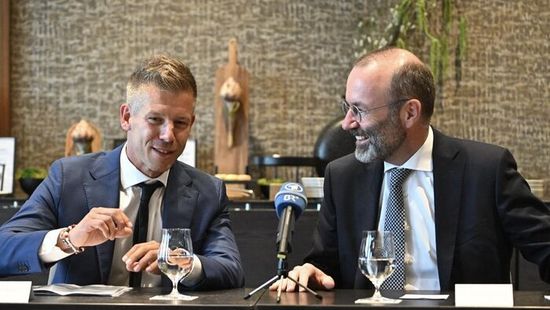

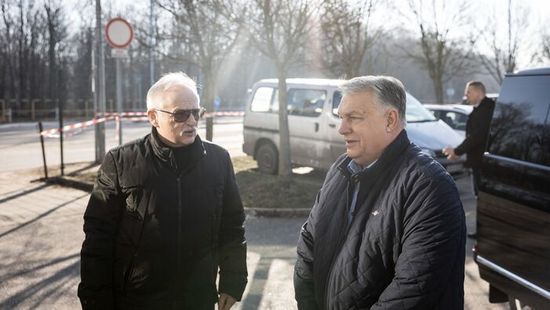

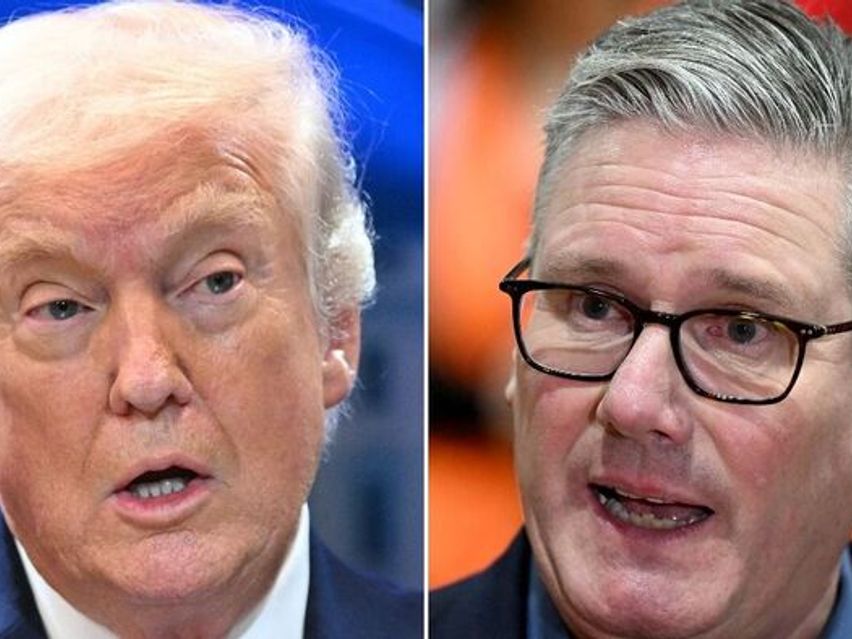


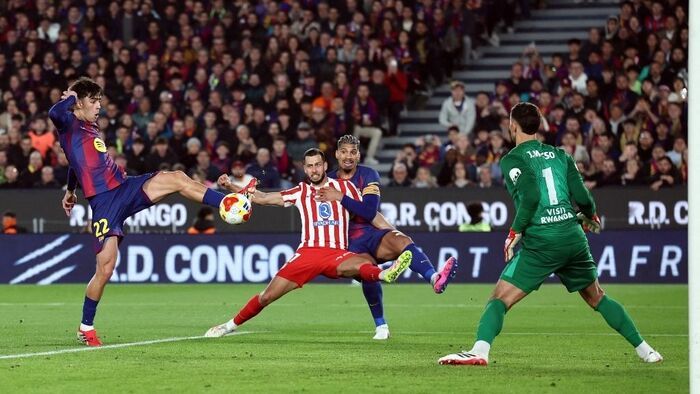




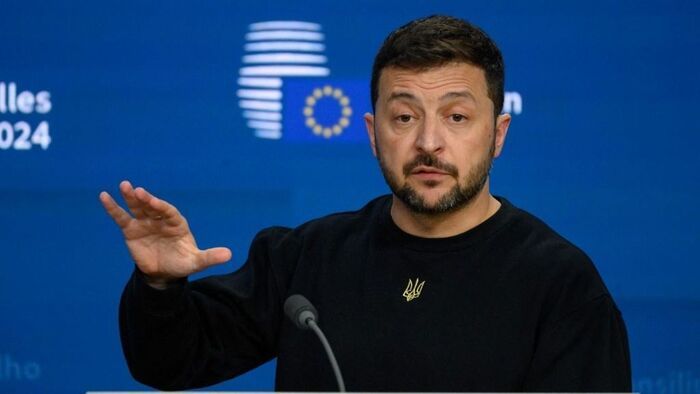
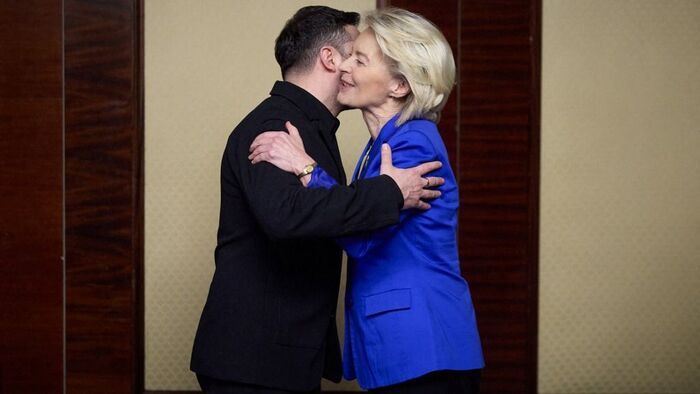
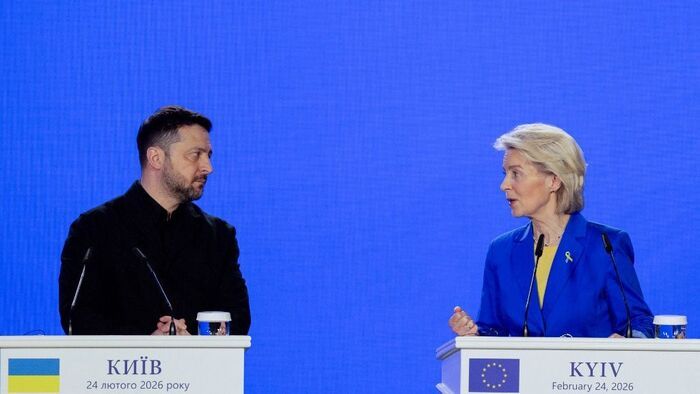
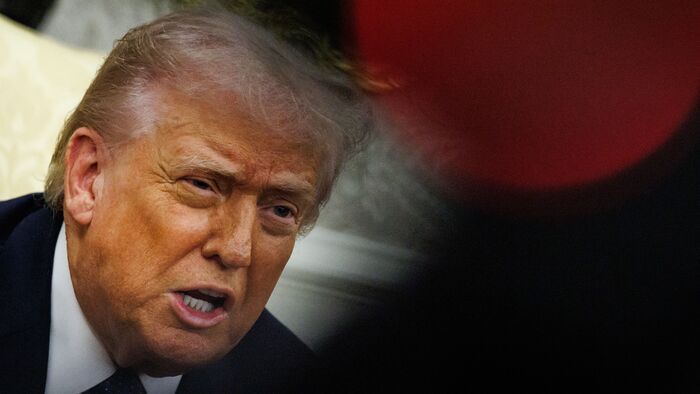





Szóljon hozzá!
Jelenleg csak a hozzászólások egy kis részét látja. Hozzászóláshoz és a további kommentek megtekintéséhez lépjen be, vagy regisztráljon!